On Sept. 18, Dialogue Vanderbilt and the Center for the Study of Democratic Institutions hosted Yale Law School professor Keith Whittington for a conversation about free speech on college campuses with Vanderbilt professor John Sides. Whittington is the author of two books about free speech on college campuses: “You Can’t Teach That! The Battle Over University Classrooms” and “Speak Freely: Why Universities Must Defend Free Speech.”
Whittington claimed that the core mission of universities is to advance knowledge, and he stated institutional neutrality is a “precondition” for pursuing that mission.
“There is a real worry about universities getting themselves into political trouble that they don’t need to get into and making themselves politically vulnerable,” Whittington said. “As a consequence, universities that act as scholarly refuges — where we can talk about controversial ideas — are going to be endangered if we unnecessarily pick political fights, and institutional statements contribute to that process in ways that are not helpful to securing the independence and autonomy of universities over time.”
Whittington also believes universities should take a stance of institutional neutrality because the process of issuing university statements using faculty votes can drown out expert opinions.
“Ultimately, we’re asking a bunch of non-experts to substitute their judgment for the experts in a university environment in order to make larger political statements,” Whittington said. “Institutions sponsor scholarly debates and give space to experts and try to platform experts to talk about those [issues], rather than try to settle, resolve and identify where our commitments are on those debates.”
Whittington noted the differences between academic freedom commitments and free speech commitments of universities, stating that academic freedoms are more limited than the constitutional right to free speech.
“We expect faculty in the classroom to be engaging in competent, professional speech, but that’s different from free speech,” Whittington said. “Free speech doesn’t have that true maintenance requirement. [Academic speech] is a feature of the particular role and responsibility of faculty in a classroom.”
Whittington expressed concern about using free speech expectations to address academic freedom on campuses.
“Judges think in First Amendment terms, which is to say they think in free speech terms, not academic freedom concerns,” Whittington said. “One of the real challenges is how you can integrate academic freedom in a meaningful way into a constitutional doctrine that doesn’t incorrectly import all kinds of broad free speech commitments into it, as well.”
Junior Logan Walsh said he was “disinterested” by the event. He believes Whittington’s perspectives were similar to those promoted to students by Vanderbilt’s administration, which emphasize the importance of institutional neutrality while encouraging civil discourse among students.
“[Whittington] suggested that students need to be taught how best to engage with principles of free speech and expression. He only briefly suggested that administrations should improve their response to expression issues, but in the grand scheme of things, this seemed to be more ‘balancing the scales’ by levying complaints against the administration than a substantial call for change,” Walsh said in an email to The Hustler. “Much of what he had to say on these points covered the principles behind free speech and expression, but he said little in the way of how these principles of free speech were put into practice.”
Walsh expressed frustration with the absence of a student-centered discussion during Whittington’s remarks about free speech, citing concerns from individuals at Vanderbilt who believe the university has been “hostile to public student expression.”
“It was only a little over a month ago that Vanderbilt announced changes to its handbook that placed heavy restrictions on or made impossible the modes of expression students used during demonstrations last year,” Walsh said. “Calls for dialogue and free expression from the Vanderbilt administration tend to ring a little hollow when they turn around and make exercising free expression on campus more difficult.”

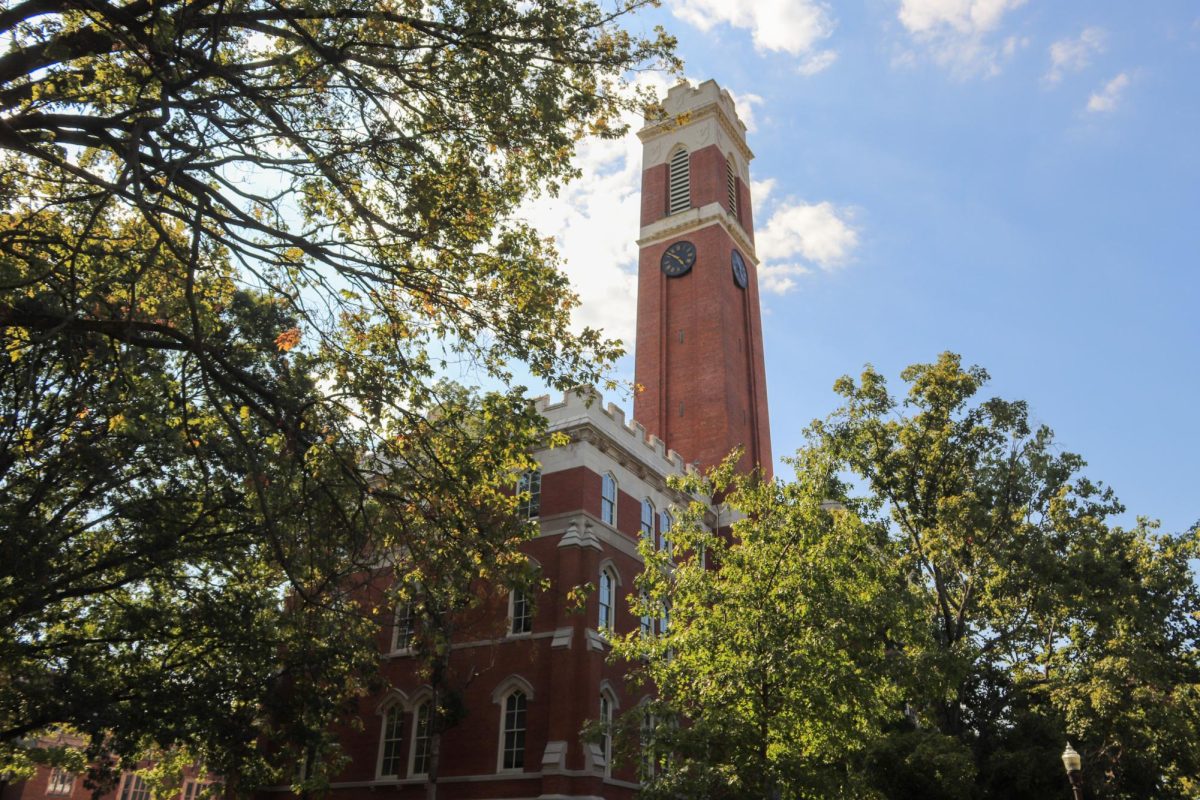


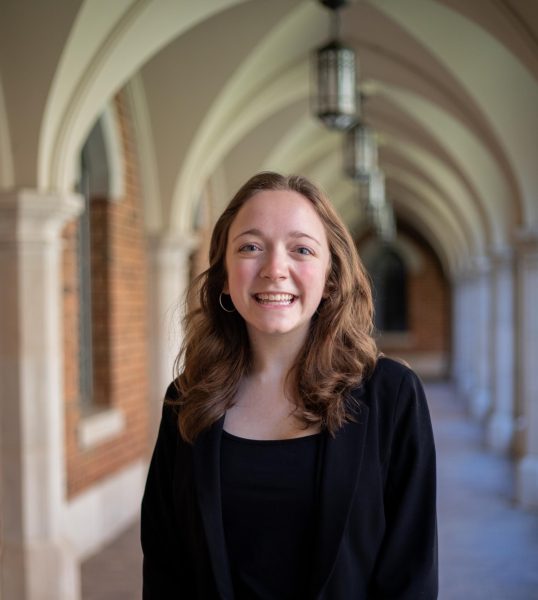
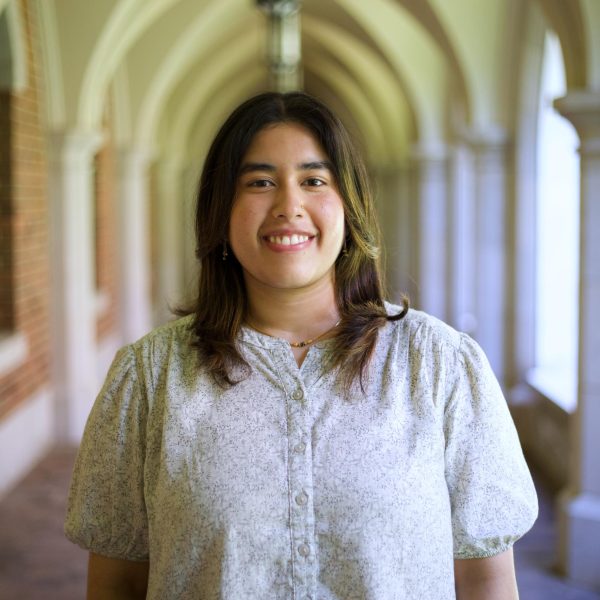
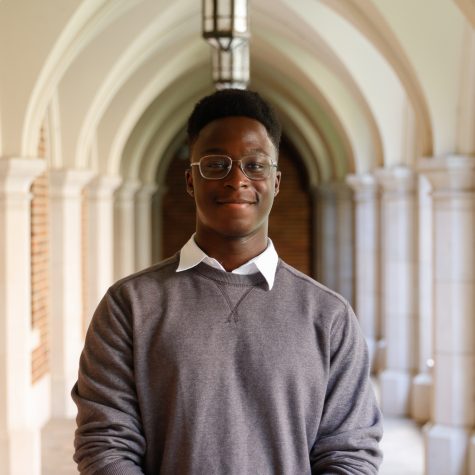
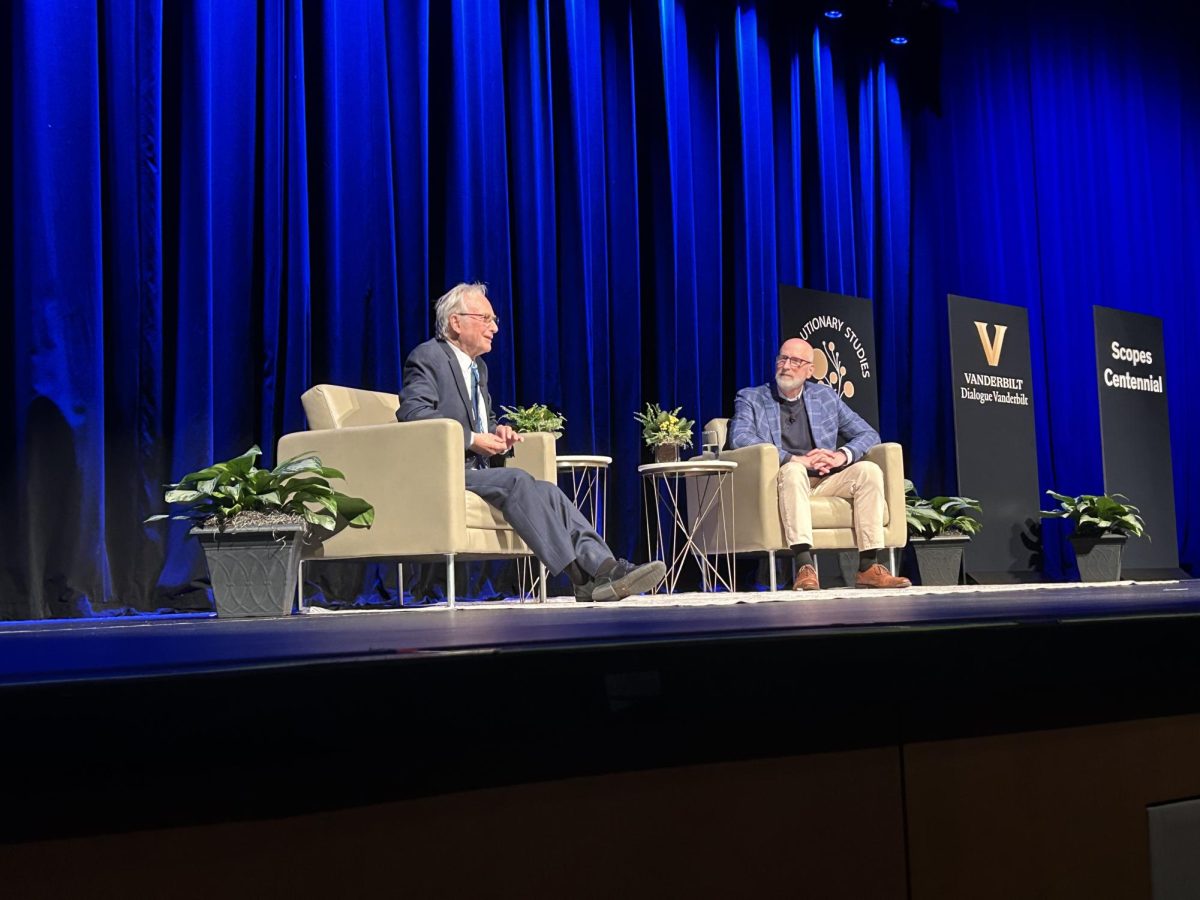
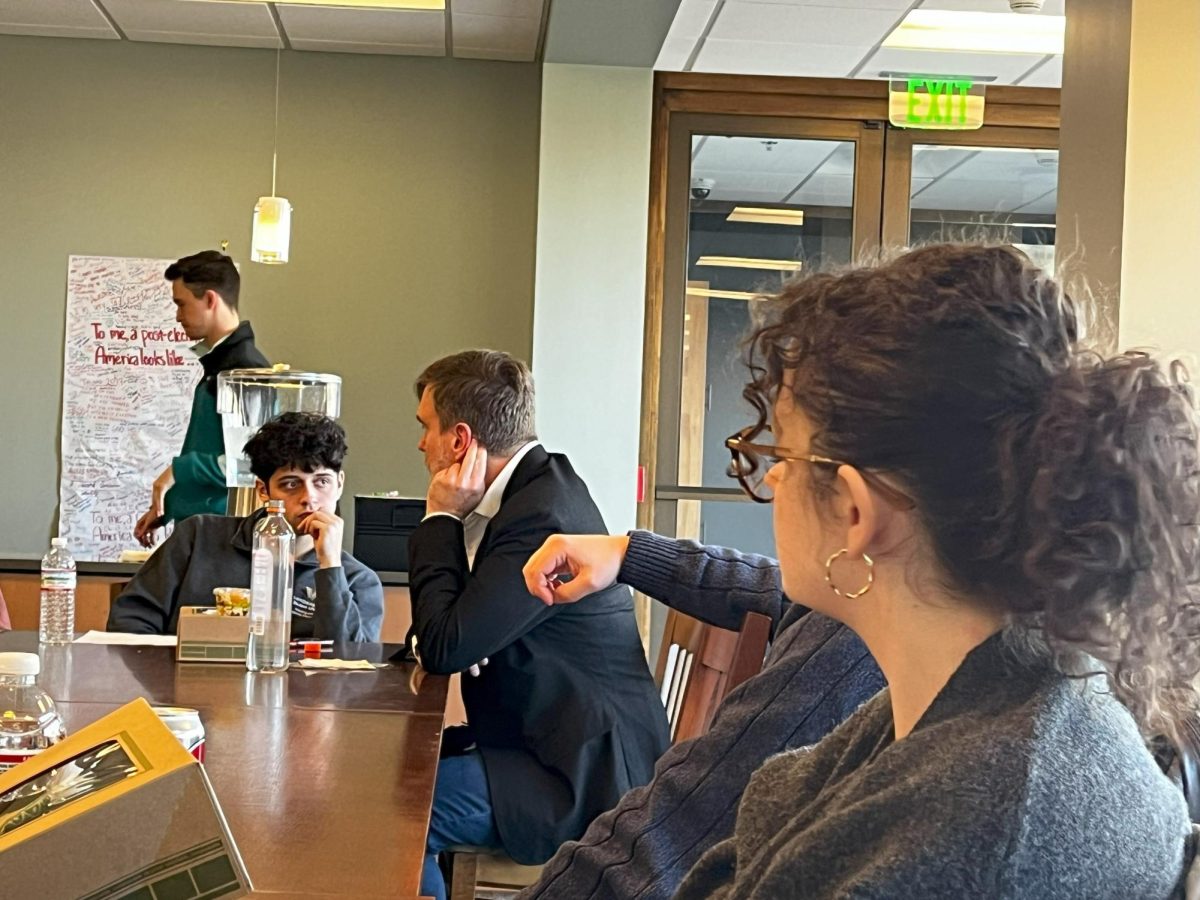
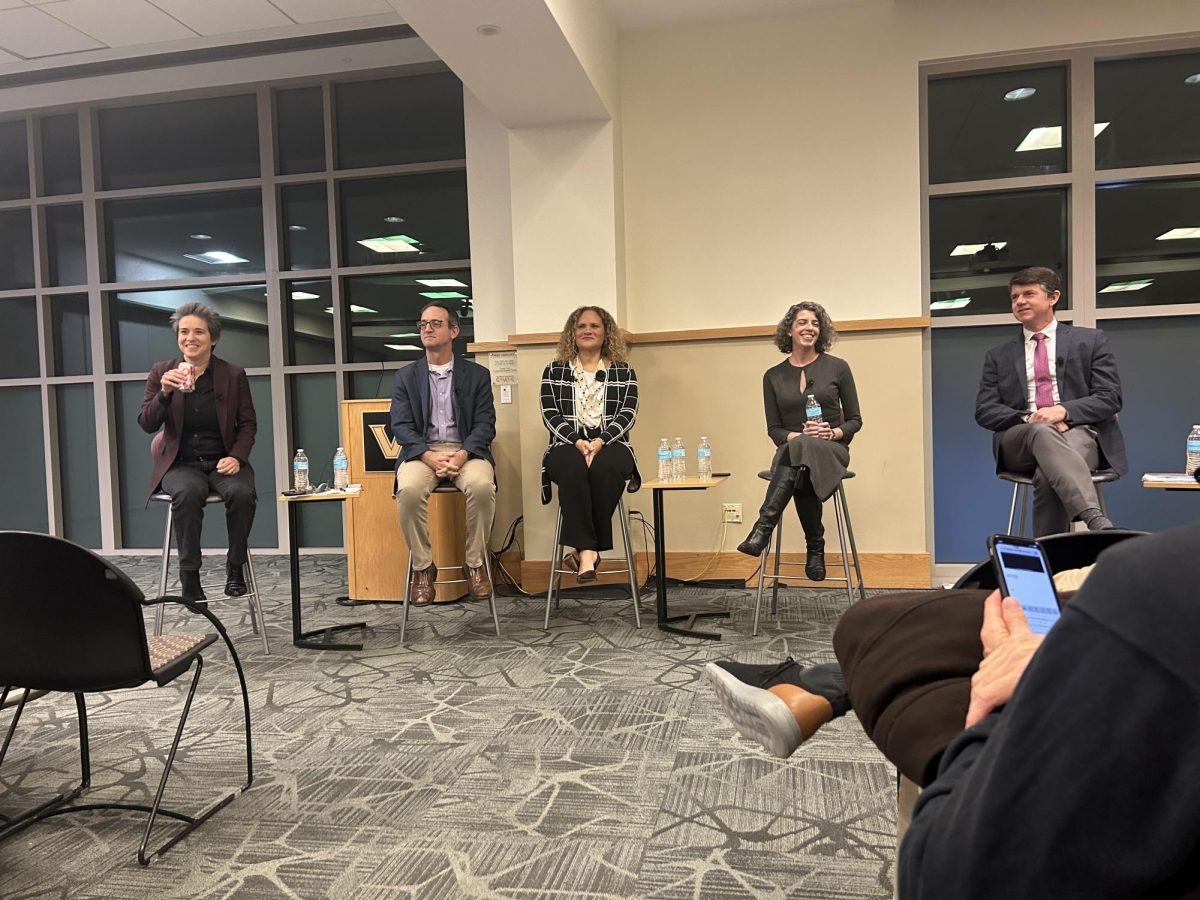

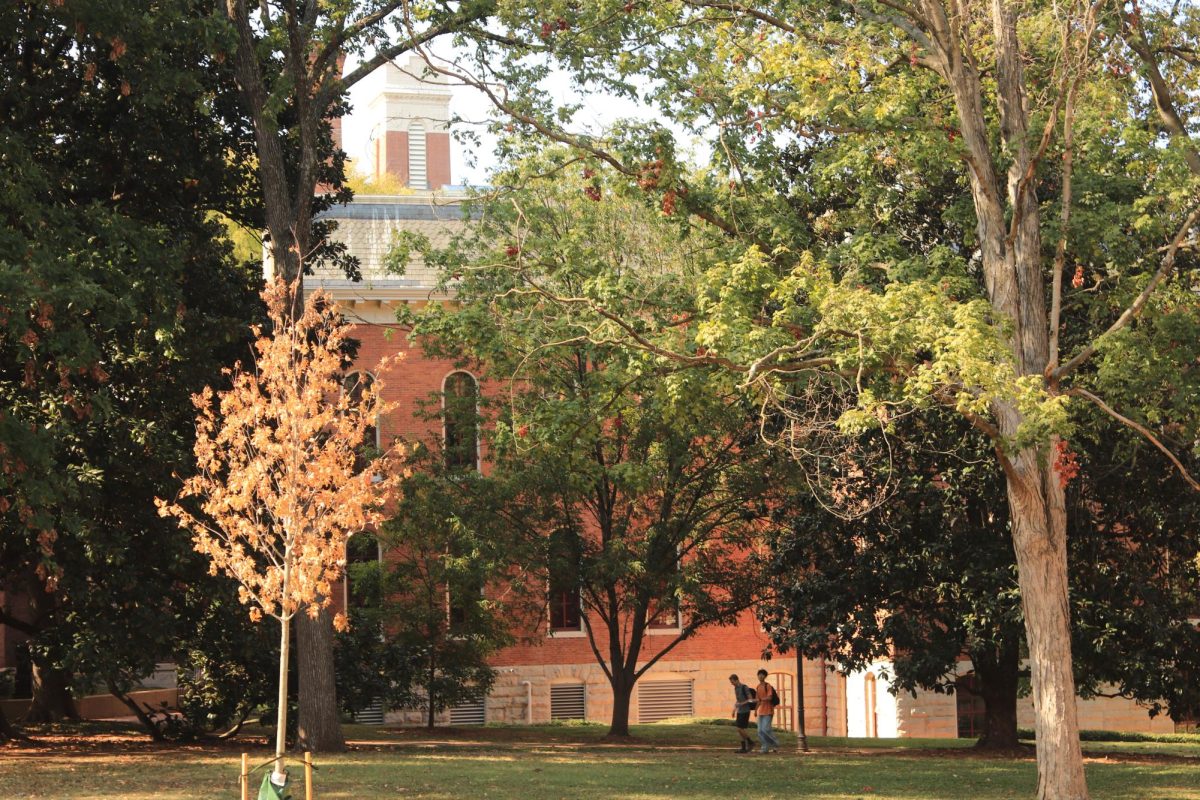
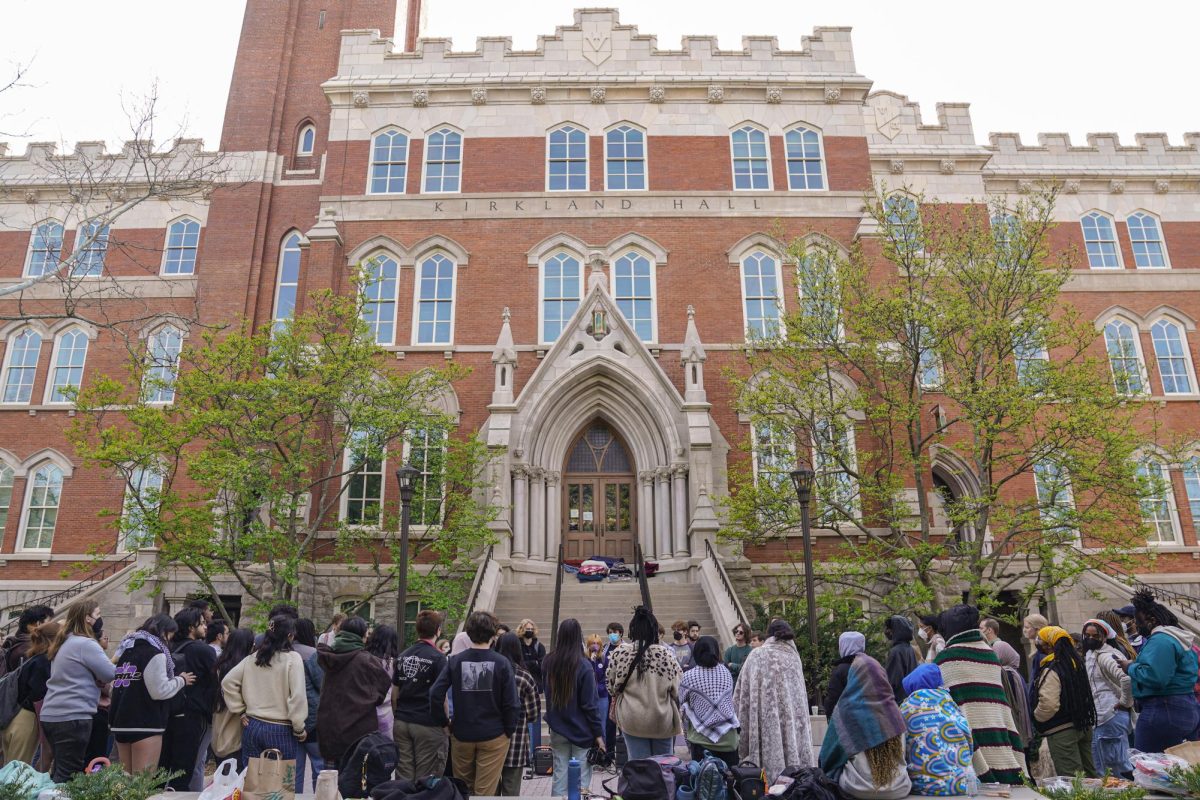
ANNA • Nov 11, 2024 at 11:56 am CST
FREE SPEECH IS FINE…SILENT OR VIOLENT DEMONSTRATIONS ARE ILLEGAL ON CAMPUS!
RELIGIOUS PREACHING ILLEGAL ON CAMPUS AND WARFARE STANDS UNLESS HANDED OUT IN A PAMPHLET BOOKLET ARE ILLEGAL ON CAMPUS. IN ORDER TO KEEP A FREE SPEECH ENVIRONMENT ON ALL CAMPUSES WE CAN NOT HAVE SUCH BEHAVIOR ALLOWED, THE STUDENTS NEED TO KNOW THEY CAN GO OFF CAMPUS AND 500 FT AWAY ON PUBLIC SIDE WALKS TO DO THEIR DEMONSTRATIONS..ITS UN CALLED FOR AND VERY DISTURBING TO ALL AT THE UNIVERSITIES.